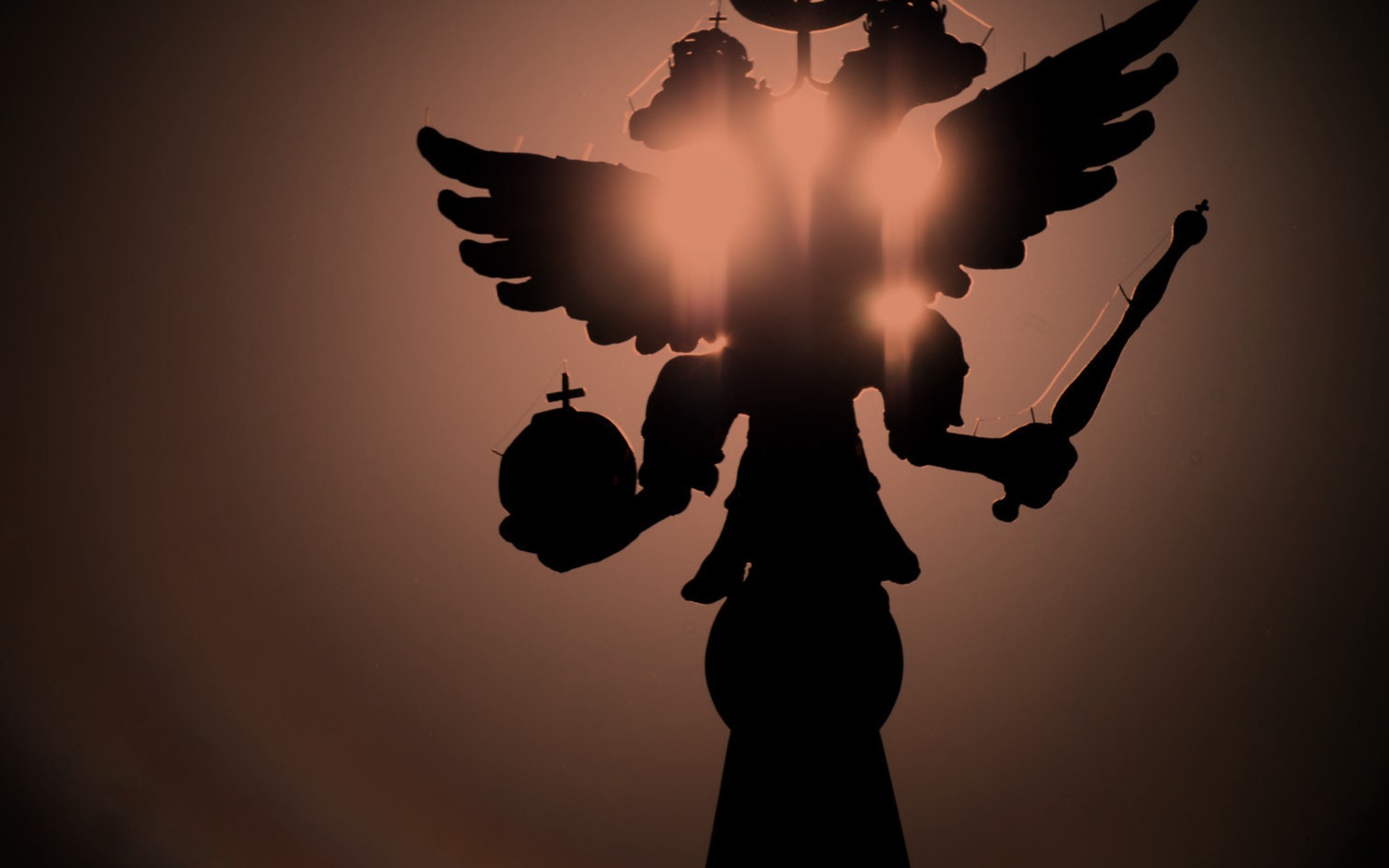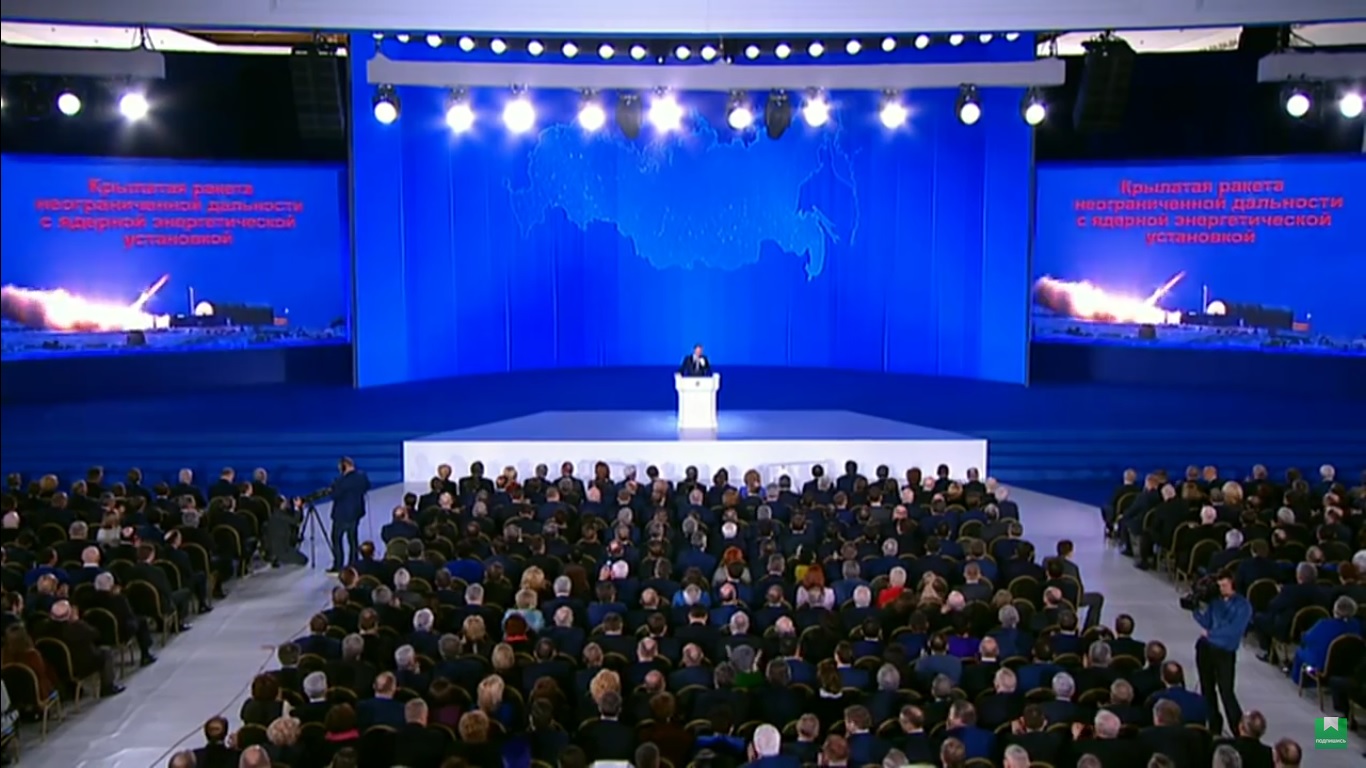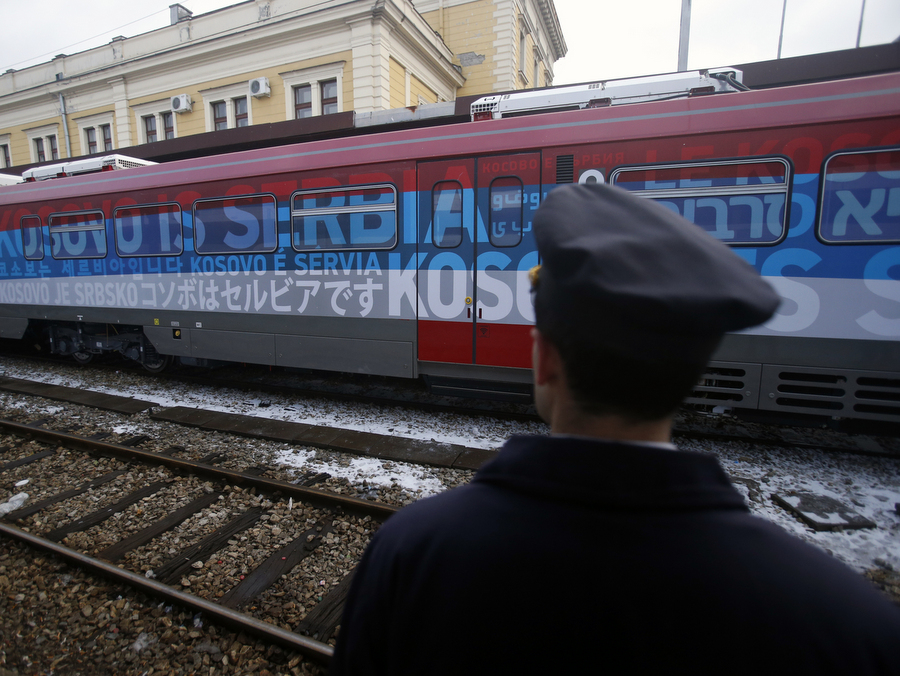The Russian Federation is an empire and it will fall apart, sooner rather than later, because of Putin’s decision to invade Ukraine, an action that highlighted his desire to restore the empire and the fact that what he and others call the Russian Federation is already an empire, Aleksandr Etkind says.
“What happened to the Russian Empire? It disintegrated at the end of an imperialist war. What happened to the Soviet Union? It disintegrated at the end of the Cold War. What will happen to the Russian Federation?” the St. Petersburg historian asks rhetorically. The answer is now clear (desk-russie.eu reposted at themoscowtimes.com).
Russia’s collapse “has long been feared and predicted,” Etkind continues, and “it could have been slowed down by taking advantage of the favorable economic situation, by relying on a competent government, a skillful diplomatic game, or simply by counting on luck,” all the more so that neither its people nor its foreign partners have wanted this outcome.
In short, he argues, “disintegration could have been avoided — it would have been enough not to start a war with Ukraine. But revanchism was stronger than caution. The collapse of this federation — a complex, artificial, highly unequal and increasingly unproductive community — will take place because of its leaders in Moscow, and only because of them.”
“Those who love the federation; those who think that if it were to disappear, people would be worse off; those who see the idea of a united Russia as the main and even the only political value — all should blame those and only those who started this war,” the historian suggests.
Related: “Threat of democracy.” The real security concerns behind Russia’s lies about NATO
He then asks:
How many parts will the federation break into, and will these parts correspond to the present delimitations of its republics and provinces? In each case, people will decide … some will be democratic, others authoritarian. All will be linked more to their neighbors, their trading and security partners, than to their old, worn-out and repulsive ‘kin.’
“The territories that belonged to other national entities before becoming part of Russia after the Second World War (East Prussia, parts of Karelia, the Kuril Islands) will leave the federation with undisguised pleasure. Ethnic and religious tensions in particularly complex regions such as the Caucasus may lead to new wars. [And] social inequalities, a hallmark of Russia in recent decades, will increase further.
“Sooner or later the international community, which does not like upheavals, will take note of the changes and make an effort to avoid bloodshed. At this point a peace conference will be held, modeled after the Paris conference of 1918-1919, organized by the victors of the First World War.
And Etkind concludes: “In the new peace treaty, the neighbors of the new countries will mediate the negotiations: Ukraine, China, Norway, Poland, Finland, Kazakhstan, and others. Historically more successful federations, such as the European Union and the United States, will have their part to play. A new Eurasian Treaty [thus] will complete the work begun at Versailles a century ago.”
Read More:
- ‘The West won’t allow the Russian Federation to disintegrate,’ Kashapov says
- Russia’s call for genocide of Ukrainians outstrips Mein Kampf
- How Russia justifies the murder of Ukrainians: Russia’s 2022 “genocide handbook” deconstructed
- Kremlin refuses to see ‘Russians are tired of empire’ and so is on a suicidal path, Tsipko says
- Demise of USSR was anything but bloodless








